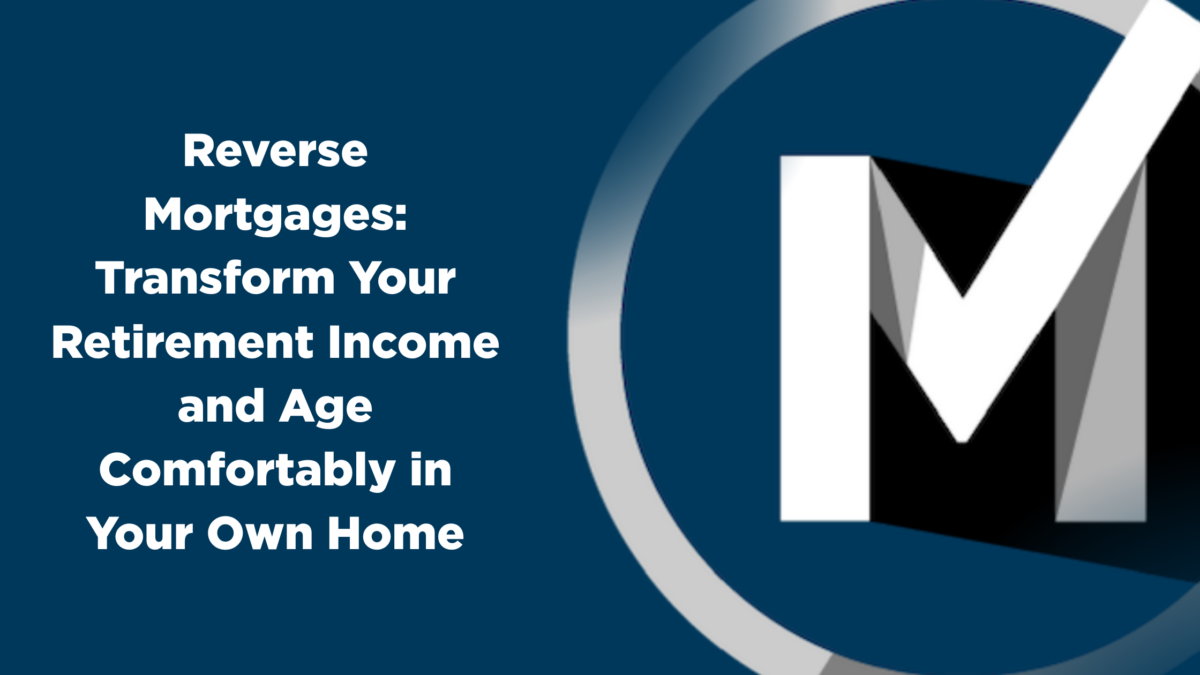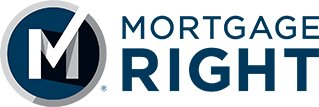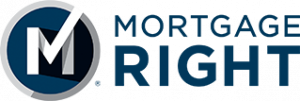
Reverse Mortgages: Transform Your Retirement Income and Age Comfortably in Your Own Home
Reverse Mortgages: Transform Your Retirement Income and Age Comfortably in Your Own Home
As retirement progresses, a fixed income can become a challenge, especially when the cost of living continues to rise. From groceries to property taxes, making ends meet can be difficult for many seniors. However, what if there was a way to not only eliminate a significant monthly expense – your mortgage – but also increase your income? Enter the reverse mortgage, a financial tool that many are leveraging to turn their golden years into a time of financial relief and stability.
The Birth of Reverse Mortgages
The concept of reverse mortgages dates back to 1961 in Portland, Maine, created to help a widow remain in her home after her husband’s death. This compassionate initiative gained political attention, and by the 1980s, the Federal Housing Administration (FHA) became involved. President Ronald Reagan’s legislation in 1988 paved the way for Home Equity Conversion Mortgages (HECMs), setting the foundation for modern reverse mortgages.
What is a Reverse Mortgage?
Simply put, a reverse mortgage is a special type of loan for homeowners 62 years or older, allowing them to convert part of the equity in their homes into cash. The beauty of a reverse mortgage is that, unlike traditional loans, repayment isn’t required until the borrower sells, permanently moves out, or passes away. However, borrowers must maintain their property taxes, homeowner’s insurance, and general upkeep to avoid early loan repayment demands.
Types of Reverse Mortgages
Most seniors will encounter two main types of reverse mortgages, but the focus is primarily on HECMs due to their federal insurance and flexible nature. Though there are also single-purpose reverse mortgages, they’re quite rare and designated for specific uses like home improvements or paying property taxes.
Eligibility and Payment Options
To qualify for a reverse mortgage, you should be at least 62 years old with considerable home equity (usually at least 50%) and the home must be your primary residence. With a HECM, you have several disbursement options:
Tenure payments: Receive consistent monthly payments as long as you live in the home.
Term payments: Choose a set period for monthly payments, such as 10 or 15 years.
Line of credit: Draw funds as needed, ideal for emergencies or unplanned expenses.
Modified tenure or term: Combine monthly payments with a line of credit for more flexibility.
Costs and Consumer Protections
While reverse mortgages offer advantages, they also come with costs like mortgage insurance premiums, origination fees, and servicing fees. But these can be rolled into the loan balance, minimizing out-of-pocket expenses at the outset.
The Appeal for Retirees
Reverse mortgages attract many seniors for several reasons:
Supplemental retirement income
Eliminating monthly mortgage payments
Flexibility in the use of funds
Non-recourse feature: you or your heirs will not owe more than the home’s value
Potential Drawbacks to Consider
Remember, a reverse mortgage isn’t a one-size-fits-all solution. Consider the potential reduction in equity, closing costs, and the impact on need-based benefits like Medicaid. Missing tax and insurance payments could even lead to foreclosure.
The Process and Decision Making
Interested homeowners must undergo counseling, apply, and undergo a financial assessment and property appraisal. Upon approval, closing documents are signed, and funds are disbursed. The loan is repaid when the last borrower leaves the home or passes away.
Before deciding on a reverse mortgage, it’s essential to plan carefully and seek professional advice. It’s critical to understand all aspects, including how it may affect your current benefits and the responsibilities it entails.
Is a Reverse Mortgage Your Path to Financial Freedom in Retirement?
Reverse mortgages can be a powerful tool for financial liberation in retirement, allowing you to convert your home equity into a solution for your retirement needs. If you’re considering a reverse mortgage, consult with a professional to thoroughly explore your options and ensure it aligns with your financial goals.
As always, it’s vital to conduct your due diligence, scrutinize the details, and weigh alternatives. A reverse mortgage is a substantial financial decision that can shape your retirement, and with the right guidance, it could be the golden ticket you’re searching for.






